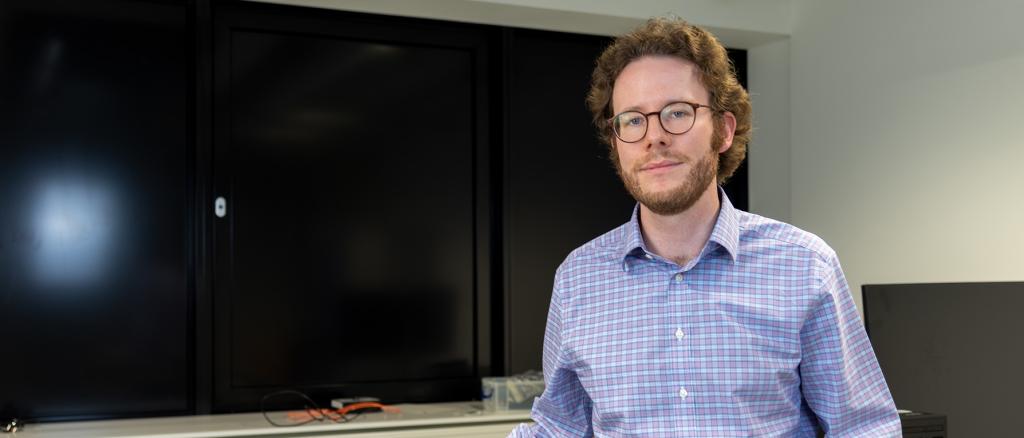
The natural scientist’s project toward developing new strategies in cancer therapy has been funded by EKFS since 2020. The chemist studies tiny molecules which, when activated via visible light, become highly toxic and rapidly kill malignant cells. Special light conductors are required for this procedure. They guide the activating light precisely to the desired site where the cancerous cells are located. Within the framework of the project Dr. Möckl and his team research the structural optimization of photoactivatable molecules and develop tailored light conductors.
EKFS regularly nominates outstanding scientists who receive funding from the foundation for participation at the Lindau Nobel Laureate Meetings. Each year around 30 to 40 Nobel laureates get together in Lindau to meet the next generation of leading scientists. The emphasis at the meetings in Lindau alternates annually between the three scientific categories of the Nobel Prize: physics, chemistry and physiology/medicine. An interdisciplinary meeting takes place every five years, and the Lindau Meeting on Economic Sciences every three years – this year from the 23rd to the 27th of August.
Dr. Leonhard Möckl reports about his impressions of this year’s Lindau Nobel Laureate Meeting on Chemistry:
It is quite rare that an event as famous as the Lindau Nobel Laureate Meeting surpasses the naturally high expectations. But this was exactly what this year's Meeting managed to do. It is impossible to quickly summarize the plethora of events and discussion, thus, a few impressions must suffice: For example, how much the Laureates were enjoying the Meeting and how relaxed they were. It must also be highlighted that the quite intimate Free Exchanges with the Laureates always exhibited an open, honest atmosphere – not necessarily free of controversy, but still full of mutual respect. Furthermore, it may not be omitted how prominently the Young Scientists were featured: Two large panels were reserved for their presentations. And finally, there was plenty of time for the Young Scientists to get to know each other; and several true friendships emerged. At the end, there is only one sad aspect: The fact that it is over... As a Nobel Laureate, one is allowed to participate anytime; and this might be the biggest motivation to win this prize one day!